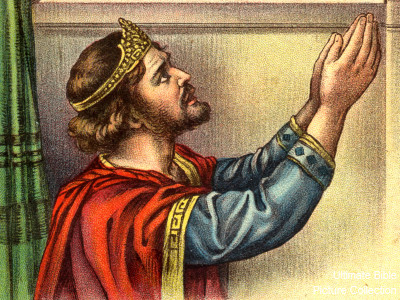Be Golden as gold mine & Green as leaf
carpe diemBe Golden as gold mine & Green as leaf
carpe diemGiven Name DAVID
Given Name DAVID
GENDER: Masculine

USAGE: English, Hebrew, French, Scottish, Spanish, Portuguese, German, Swedish, Norwegian, Danish, Dutch, Czech, Slovene, Russian, Croatian, Serbian, Macedonian, Romanian, Biblical, Biblical Latin
PRONOUNCED: DAY-vid (English), dah-VEED (Jewish, Spanish), da-VEED (French), DAH-vit (German, Dutch), DAH-vid (Swedish, Norwegian), dah-VEET (Russian) [key]
Meaning & History
From the Hebrew name דָּוִד (Dawid), which was probably derived from Hebrew דוד (dwd)
meaning "beloved". David was the second and greatest of the kings of
Israel, ruling in the 10th century BC. Several stories about him are
told in the Old Testament, including his defeat of Goliath, a giant Philistine. According to the New Testament, Jesus was descended from him.This
name has been used in Britain since the Middle Ages. It has been
especially popular in Wales, where it is used in honour of the
5th-century patron saint
of Wales (also called Dewi), as well as in Scotland, where it was borne
by two kings. Famous bearers include empiricist philosopher David Hume
(1711-1776), explorer David Livingstone (1813-1873), musician David
Bowie (1947-2016), and soccer player David Beckham (1975-). This is also
the name of the hero of Charles Dickens' semi-autobiographical novel
'David Copperfield' (1850)
.
.
Related Names
OTHER LANGUAGES/CULTURES: Daud, Dawood, Dawud (Arabic), Dauid (Biblical Greek), Dawid (Biblical Hebrew), Daveth (Cornish), Taavet, Taavi (Estonian), Taavetti, Taavi (Finnish), Davit, Daviti (Georgian), Dávid (Hungarian), Daud (Indonesian), Dáibhí (Irish), Davide (Italian), Dovydas (Lithuanian), Daw (Medieval English), Davud (Persian), Dawid (Polish), Dávid (Slovak), Dafydd, Dewi, Dewydd, Dai, Dewey, Taffy (Welsh)
SAME SPELLING: Dávid